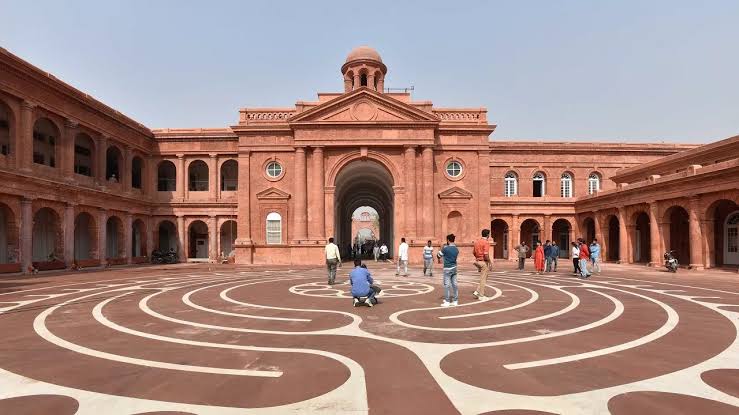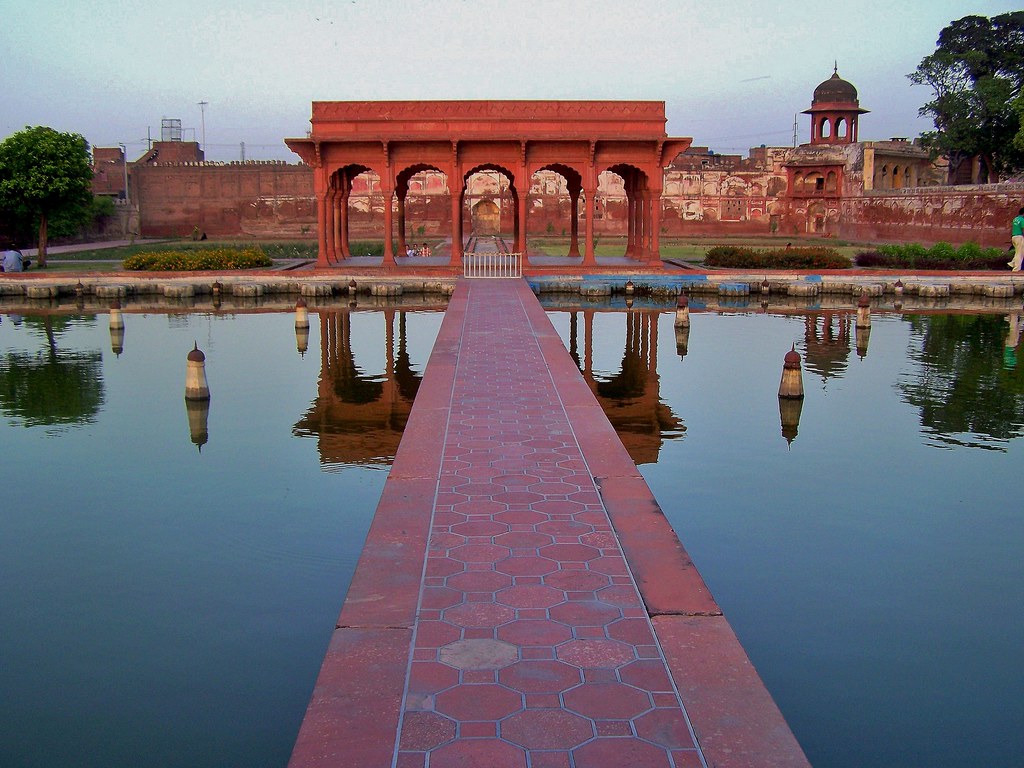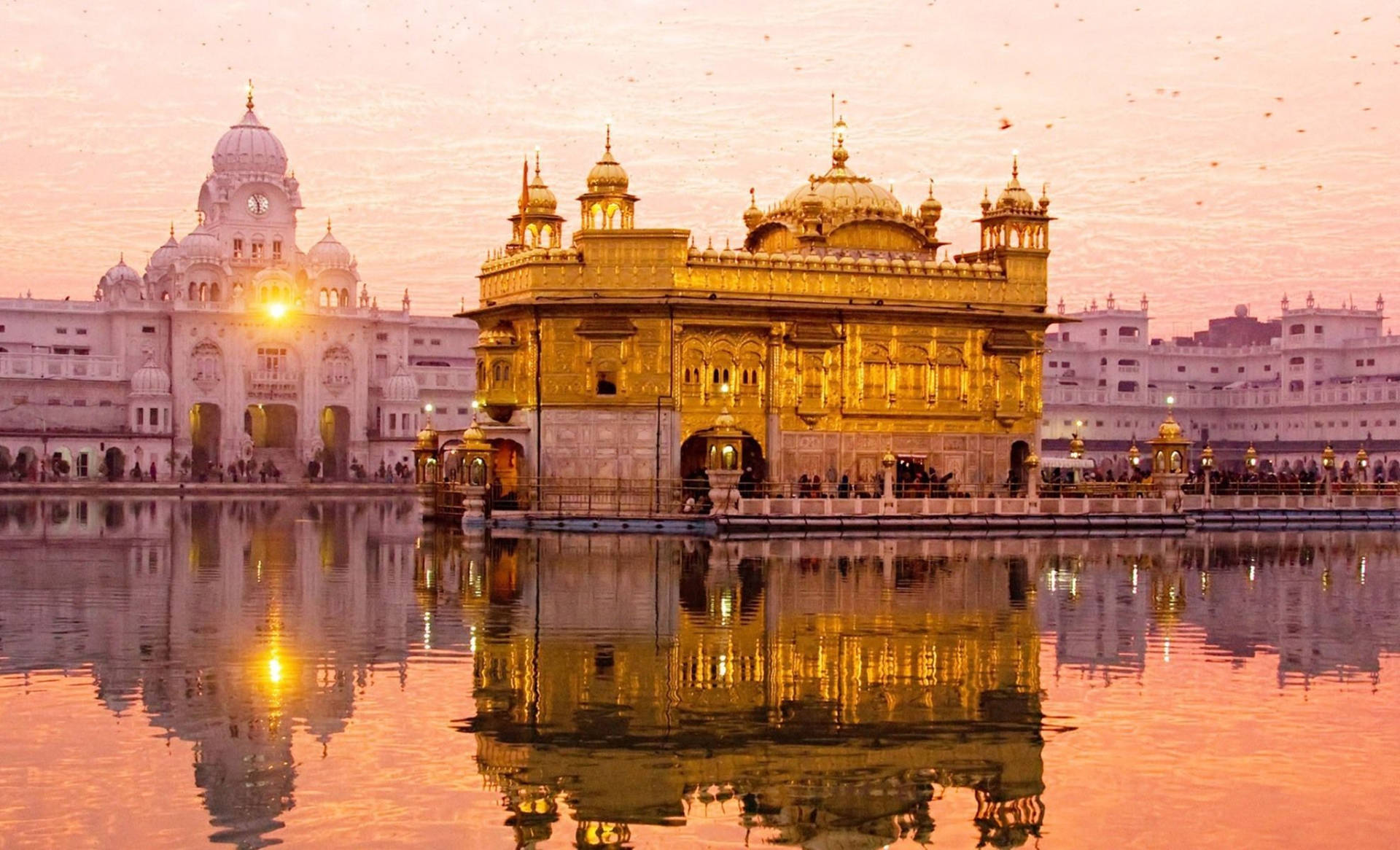Call us for details
8888789880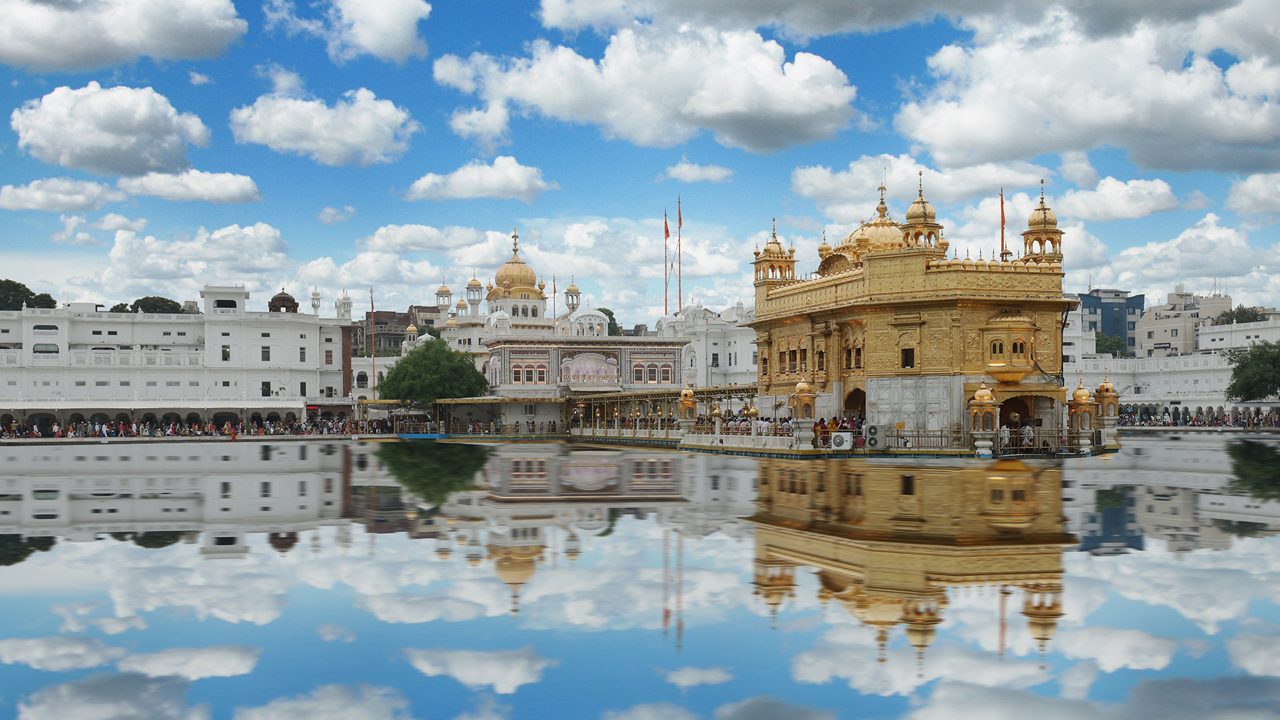
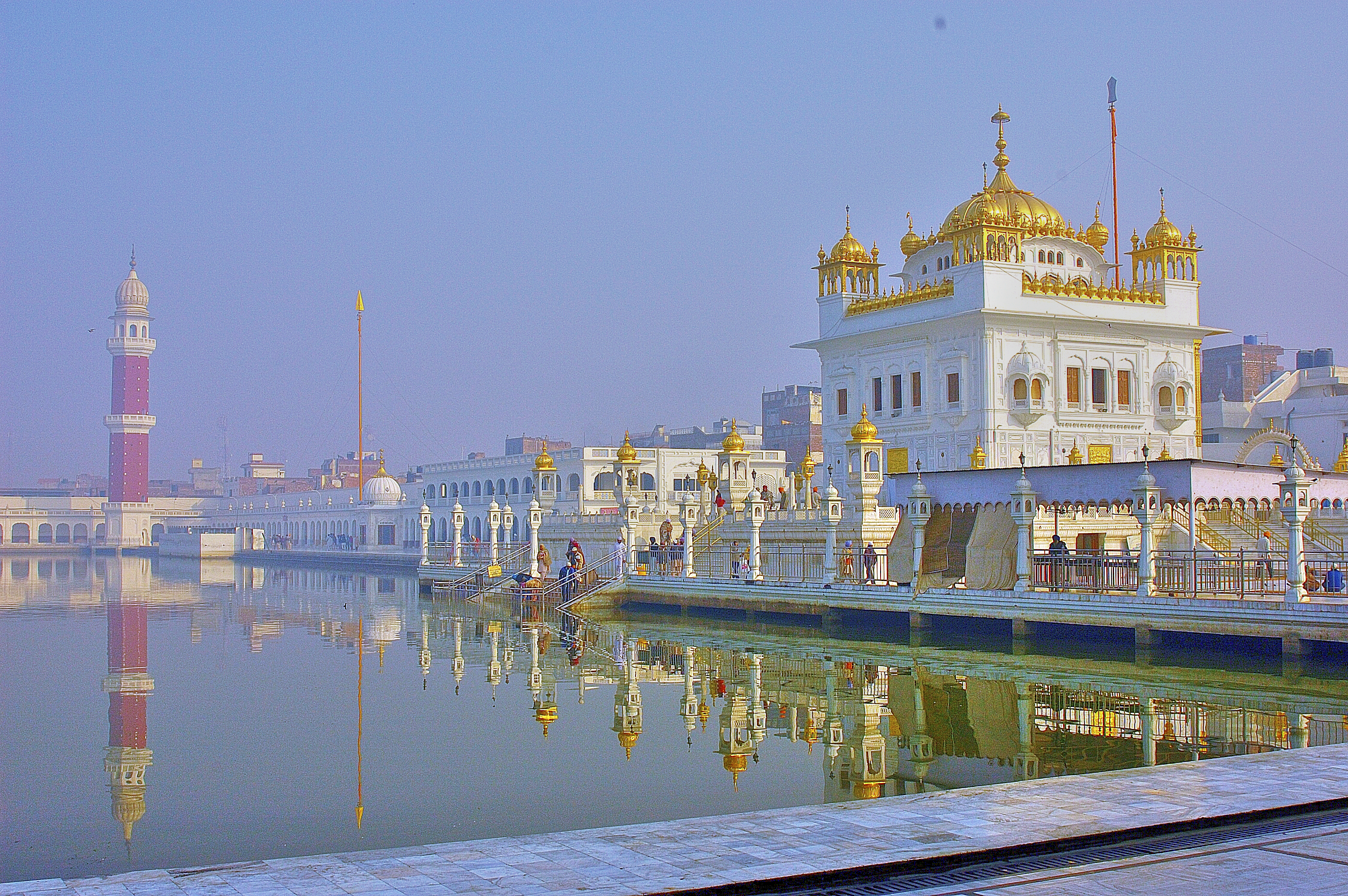
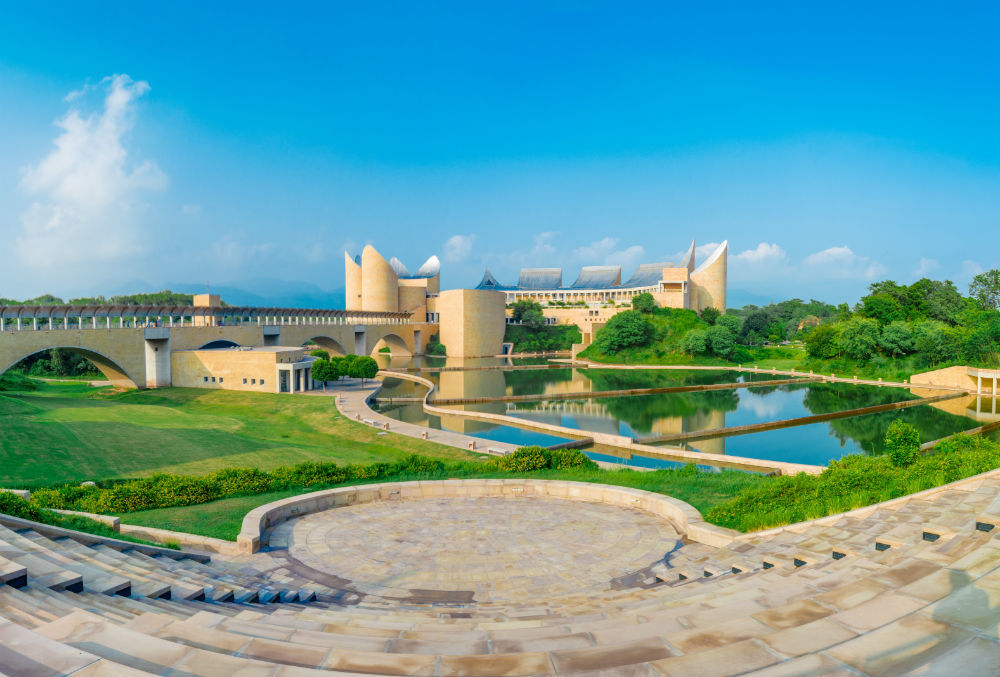
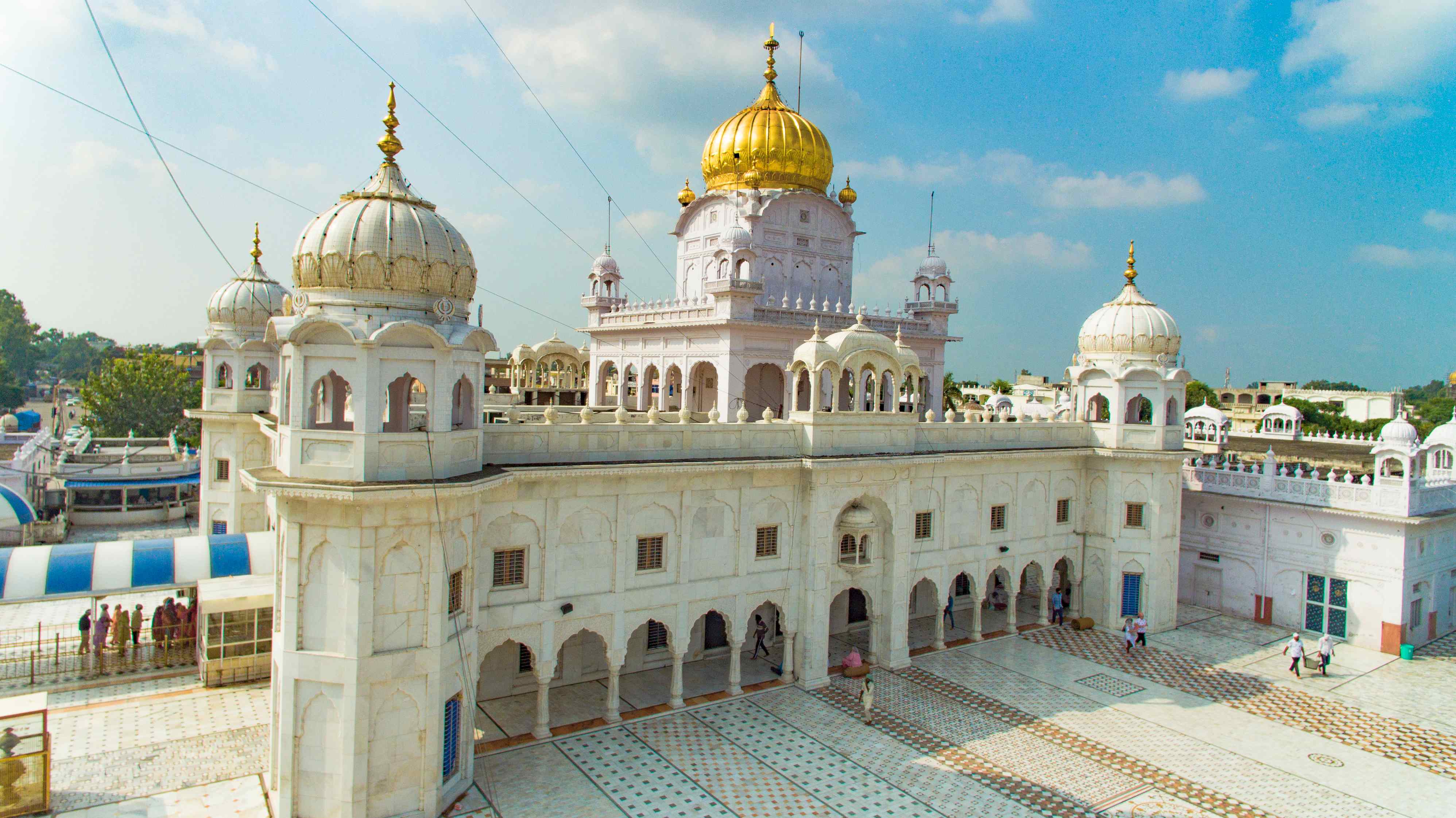
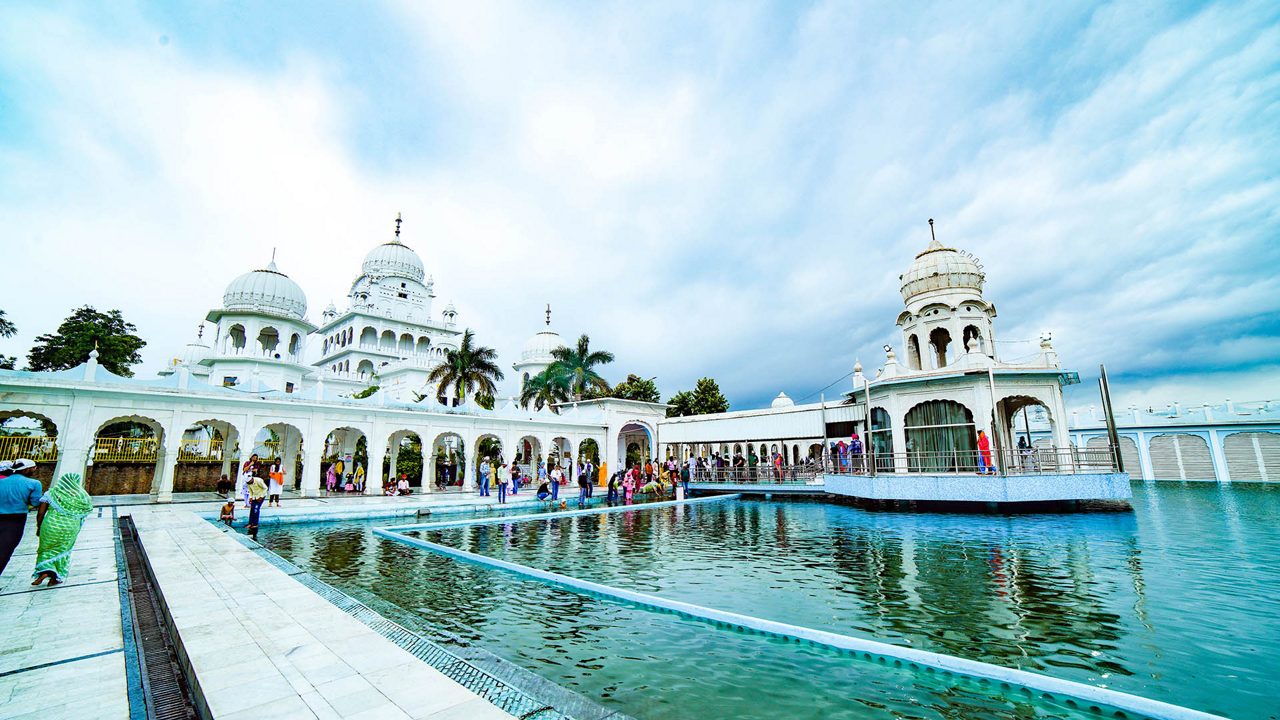
This 5-day spiritual journey through Punjab offers a deep dive into Sikhism's rich history and heritage, visiting some of the holiest and most significant sites. Starting in Amritsar, you’ll experience the serene beauty of the Golden Temple, attend the Palki Sahib ceremony, and explore the Partition Museum. The second day takes you to Tarn Taran Sahib and Goindwal Sahib, where you’ll discover historic Sikh pilgrimage sites. Day three brings you to Anandpur Sahib, the birthplace of the Khalsa, where you’ll visit Takht Sri Kesgarh Sahib and the Virasat-e-Khalsa Museum. On day four, you’ll visit Fatehgarh Sahib, the site of Guru Gobind Singh’s sons' martyrdom, before continuing to Patiala to explore its significant Gurudwaras. On the final day, you’ll visit Ludhiana and Jagraon to see more important Gurudwaras, before returning to either Amritsar or Chandigarh for your departure. This well-rounded itinerary blends spiritual exploration with cultural immersion, making it an enriching experience for those seeking to understand Sikhism and Punjab’s historical landscape.
🏞️ Highlights:
Amritsar – Golden Temple, Akal Takht, and Palki Sahib ceremony.
Anandpur Sahib & Fatehgarh Sahib – Khalsa birthplace and martyrdom site of Guru Gobind Singh’s sons.
Patiala & Ludhiana – Visit key Gurudwaras like Dukhniwaran Sahib and Alamgir Sahib.
Upon arrival in Amritsar, check-in to your hotel and settle in. Begin your spiritual journey with a visit to the Golden Temple, one of Sikhism’s holiest sites, followed by a visit to the Akal Takht, an important religious and political institution of Sikhism. Afterward, immerse yourself in the history of the Partition at the Partition Museum, which offers a poignant glimpse into the impact of India’s partition on the people of Punjab. In the evening, attend the Palki Sahib ceremony at the Golden Temple, where the Guru Granth Sahib is carried in procession to the night quarters. Return to your hotel for an overnight stay in Amritsar.
Akal Takht:
Akal Takht is one of the five Takhts (seats of authority) in Sikhism, located in Amritsar, Punjab, within the Golden Temple complex. It was founded by Guru Hargobind in 1606 and represents the spiritual and temporal authority of the Sikh community. The term "Akal" means "immortal," symbolizing the eternal power of the divine, while "Takht" refers to a throne or seat of leadership. Akal Takht serves as a central institution for Sikh religious and political matters, where important decisions regarding the Sikh community are made.
Golden Temple:
The Golden Temple (Harmandir Sahib) in Amritsar is the holiest shrine for Sikhs. Founded by Guru Ram Das in 1581 and completed by Guru Arjan Dev, it is renowned for its stunning gold-covered structure and serene surroundings. The temple symbolizes peace, equality, and devotion, attracting millions of visitors yearly. The sacred pool, Amrit Sarovar, and the daily rituals, including the Palki Sahib ceremony, make it a significant spiritual center. The Golden Temple also houses a community kitchen (Langar) that serves free meals to all visitors.

In the morning after breakfast, drive to Tarn Taran Sahib. Visit the serene Sri Tarn Taran Sahib Gurudwara, known for its large sarovar (holy tank) and rich history. Continue your journey to Goindwal Sahib, where you’ll visit the historic Baoli Sahib, a significant Sikh pilgrimage site. Afterward, return to Amritsar in the afternoon and enjoy some free time to explore the local cuisine and markets. Return back in to your hotel in Amritsar for an overnight stay.
Sri Tarn Taran Sahib Gurudwara:
Sri Tarn Taran Sahib Gurudwara is located in Tarn Taran, Punjab, and is one of the holiest Gurudwaras in Sikhism. It was built by Guru Arjan Dev in 1590 and is known for its large sarovar (holy water tank), which is the largest in Punjab. The Gurudwara is significant for its spiritual importance, as it was the center of Sikh teachings and a place of solace for the community. Guru Arjan Dev often visited this site, and it remains a major pilgrimage destination for Sikhs, symbolizing peace, devotion, and the blessings of the Gurus.
Goindwal Sahib:
Goindwal Sahib is a historic and spiritual town located in Punjab, known for its significant Gurudwara, Gurudwara Baoli Sahib. It was established by Guru Amar Das, the third Sikh Guru, in the 16th century. The Gurudwara is famous for its Baoli (a historic step-well), where pilgrims perform rituals and take a holy dip in the water. Guru Amar Das is believed to have started the tradition of the Langar (community kitchen) here, which continues to this day.

In the morning after breakfast, check-out from your Amritsar hotel and embark on a 4-hour drive to Anandpur Sahib, one of the most revered sites in Sikhism. Visit Takht Sri Kesgarh Sahib, the birthplace of the Khalsa, and learn about its importance in Sikh history. Explore the Virasat-e-Khalsa Museum, which beautifully showcases Sikh history and heritage. In the evening, attend the evening prayers at the Gurudwara. Afterward, check in to your hotel in Anandpur Sahib for an overnight stay.
Takht Sri Kesgarh Sahib:
Takht Sri Kesgarh Sahib is one of the five Takhts (seats of Sikh authority) and is located in Anandpur Sahib, Punjab. It is the birthplace of the Khalsa, the collective body of initiated Sikhs, established by Guru Gobind Singh on Vaisakhi in 1699. The Takht holds immense spiritual and historical significance, as it marks the moment when Guru Gobind Singh initiated the first five Sikhs (the Panj Pyare) into the Khalsa, formalizing the Sikh faith’s distinct identity. The Gurudwara at Takht Sri Kesgarh Sahib stands as a symbol of Sikh unity, courage, and devotion.
Virasat-e-Khalsa Museum:
Virasat-e-Khalsa Museum is located in Anandpur Sahib, Punjab, and showcases the rich history and heritage of Sikhism. The museum, which opened in 2011, is dedicated to the formation and evolution of the Khalsa and the Sikh faith. It features a vast collection of artifacts, paintings, and multimedia exhibits that depict key events, including the establishment of the Khalsa by Guru Gobind Singh in 1699.

In the morning after breakfast, check-out from your hotel and drive to Fatehgarh Sahib, where you’ll visit Gurudwara Fatehgarh Sahib, the site of the martyrdom of Guru Gobind Singh’s sons. From here, head to Patiala (about an hour’s drive), where you can visit Gurudwara Dukhniwaran Sahib, known for its historical significance in the Sikh faith. Afterward, check in to your hotel in Patiala for an overnight stay.
Gurudwara Fatehgarh Sahib:
Gurudwara Fatehgarh Sahib is located in Fatehgarh Sahib, Punjab, and holds great historical significance in Sikhism. It commemorates the martyrdom of the two younger sons of Guru Gobind Singh, Sahibzada Zorawar Singh and Sahibzada Fateh Singh, who were executed at a young age for refusing to convert to Islam under the orders of the Mughal ruler, Aurangzeb. The Gurudwara stands as a symbol of bravery, sacrifice, and faith. The complex also houses a memorial to the Sahibzadas and is a key pilgrimage site for Sikhs, reflecting their commitment to the principles of truth and righteousness.
Gurudwara Dukhniwaran Sahib:
Gurudwara Dukhniwaran Sahib is located in Patiala, Punjab, and is an important Sikh shrine. It is believed to be the site where Guru Gobind Singh, the tenth Sikh Guru, blessed a woman who was suffering from a severe ailment, curing her and relieving her of her pain. The name Dukhniwaran translates to “the remover of suffering.” The Gurudwara is revered for its spiritual significance, offering peace and solace to all who visit.

In the morning after breakfast, check-out from your hotel in Patiala and drive to Ludhiana, where you’ll visit Gurudwara Alamgir Sahib, connected to Guru Gobind Singh. After your visit, make your way back to Amritsar for your departure. Depending on your departure time, you may have a chance to explore local markets or enjoy a meal before your journey back home.
Gurudwara Alamgir Sahib:
Gurudwara Alamgir Sahib is located in Alamgir, near Ludhiana, Punjab. It is an important Sikh shrine dedicated to Guru Gobind Singh, the tenth Sikh Guru. The Gurudwara is historically significant as it marks the place where Guru Gobind Singh stopped to rest during his travels. According to tradition, the Guru blessed the area and helped the local community. The Gurudwara is known for its peaceful ambiance and attracts many devotees who come to pay their respects and seek blessings.

| Hotel Type | Hotel Name |
|---|---|
| DELUXE | Radisson Blu Hotel Amritsar/Similars |
| PREMIUM | Taj Swarna, Amritsar/Similars |
| STANDARD | Park Inn By Radisson Amritsar Airport/Similars |
| SUPER DELUXE | Welcomhotel by ITC Hotels, Raja Sansi/Similars |
| Hotel Type | Hotel Name |
|---|---|
| DELUXE | Hotel The Crown/Similars |
| PREMIUM | Virsa Hotel Anandpur Sahib/Similars |
| STANDARD | Hotel Temple View Inn/Similars |
| SUPER DELUXE | The khyber hotel/Similars |
| Hotel Type | Hotel Name |
|---|---|
| DELUXE | Hotel Eqbal Inn/Similars |
| PREMIUM | Neemraana Hotel /Similars |
| STANDARD | Hotel Golden Fern/Similars |
| SUPER DELUXE | Hotel TNG /Similars |
| Source | Destination | VehicleName | Price | VehicleType | Remarks | Units |
|---|---|---|---|---|---|---|
| Amritsar | Punjab | SUV | 0 | SUV | - | 1 |
Do not hesitage to give us a call. We are an expert team and we are happy to talk to you.
